Sprint, the nation's fourth-largest cellular carrier, announced on Friday that it will begin throttling connection speeds of unlimited data customers chewing through more than 23GB of data in a monthly billing period.
As detailed by Sprint's chief technology officer Dr. John Saw, the new policy is an attempt to address an ever-present need for increased mobile bandwidth. The 23GB cap will protect the vast majority of subscribers against a "small minority" of unlimited data customers who "unreasonably" eat up network resources.
Saw notes unlimited customers will, as their plans state, be able to use an unlimited amount of data per month, but might see connection speeds drop when they hit the 23GB mark. As he explains, the quality of service technique operates in real time, meaning throttling is applied based on current network conditions.
Unlimited data users will be prioritized below other subscribers only in times and locations where the network is strained, Saw says. Prioritization windows are calculated every 20 milliseconds, and throttled users will see services restored to normal operating speeds once traffic conditions at a particular cell site clear.
"The 23GB threshold is typical in the industry and other carriers have already implemented a similar practice," Saw said. "Today approximately three percent of our postpaid subscribers are using overwhelmingly disproportionate network resources. Our goal with QoS is to prevent some portion of that three percent going forward from negatively impacting the other 97 percent of customers."
According to metrics provided by the carrier, with 23GB of data users can send 6,000 emails with attachments, view 1,500 Web pages, post 600 photos, stream 60 hours of music and another 50 hours of video.
America's "big three" wireless carriers all throttle data to some extent. After doing away with unlimited plans years ago, AT&T and Verizon were first to institute connection slowdowns on customers with grandfathered-in all-you-can-eat subscriptions. T-Mobile, which like Sprint still markets unlimited data options, also adheres to a soft data cap set at 23GB, and in August said it would come down hard on users abusing the system.
Carrier throttling is a somewhat controversial practice, and one that recently came under fire from federal regulators. Last year, Verizon drew the ire of Federal Communications Commission Chairman Thomas Wheeler for a "network optimization" initiative designed to limit 4G LTE speeds for unlimited customers. The company ultimately decided not to implement the restrictions.
AT&T also saw its share of trouble with the FCC, but earlier this year adopted policies more in line with those announced by Sprint today.
 AppleInsider Staff
AppleInsider Staff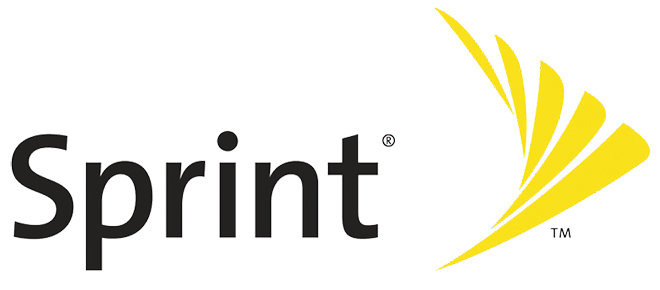




-m.jpg)


-m.jpg)






 Christine McKee
Christine McKee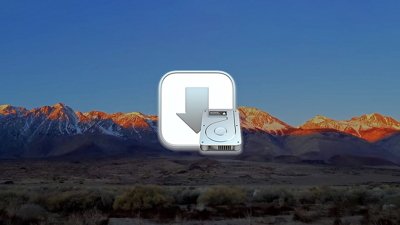
 Chip Loder
Chip Loder
 Oliver Haslam
Oliver Haslam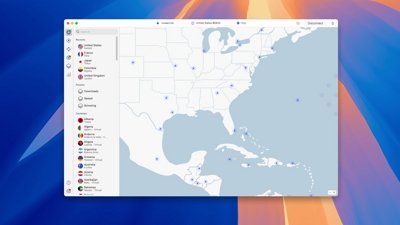
 Malcolm Owen
Malcolm Owen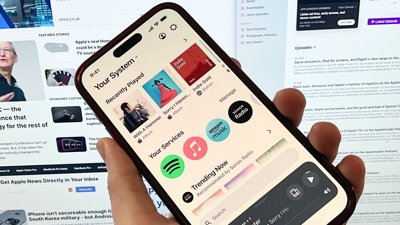
 William Gallagher
William Gallagher
 Amber Neely
Amber Neely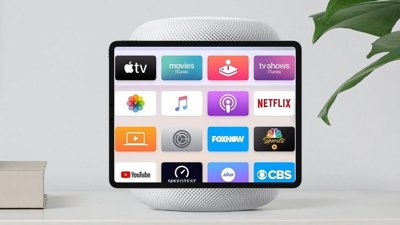
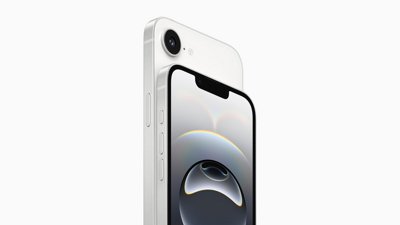
 Andrew Orr
Andrew Orr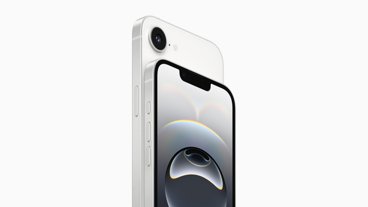







78 Comments
Thats a lot of data :!
How can someone use that much of data? I don't understand...
It depends. If it's your primary means to connect to the internet, that's nothing...
So it's limited after all.
So it's limited after all.
The article says that it's throttled, not limited.
I know this is a contentious issue but throttling is actually a sensible and fair network management practice. The available bandwidth of the mobile (cellular) network is limited (laws of physics). At busy hour, everyone wants to use it (normal patterns of behaviour) so sharing the available resource between all would-be users is fair. That means that the rate offered to individuals must be limited ie throttled. Throttling does not necessarily limit how much data they can have, only how fast they can get it.
Now the networks may have suggested otherwise in their contracts, perhaps due to limited understanding of the technical issues by the sales people, but I don't think that changes the way that the networks should work. Subscribers whose contract terms defy that reality and are being changed should, in my view, ask for a small financial recompense. The networks ultimately have to recognise reality so I think the contracts will inevitably change.